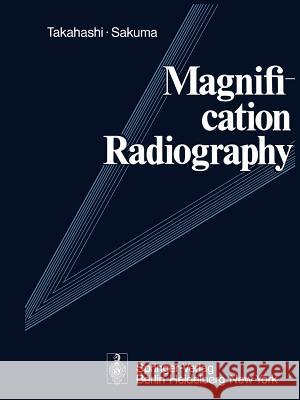Magnification Radiography » książka
Magnification Radiography
ISBN-13: 9783642661228 / Angielski / Miękka / 2011 / 112 str.
If the early stages of a disease begin with the involvement of a small area of cells or tissue, the early diagnosis of pathologic changes by means of radio graphy should concentrate first on the detection of such minute changes. The ideal solution would be to produce X-ray images of findings much finer than those observable by the naked eye, and herein lies a new field of research that is believed to be worth developing. The introduction of a 0.3 mm focal-spot rotating-anode tube about 25 years ago opened the way to the clinical application of magnification radiography. Due to the postwar economic situation, we were unable to import this type of X-ray tube, but we believed in the importance of magnification radiography in X-ray diagnosis, and in 1952 we produced an X-ray tube with a 0.15 mm focal spot by reconstructing an existing fixed-anode tube. This X-ray tube has been improved step by step, so that tubes with focal spots of 0.1 mm or 0.05 mm are now available in Japan. Thus it has become possible to obtain 4 to 6 x magnification images of minute lesions that could not be imaged by normal roentgenography."











